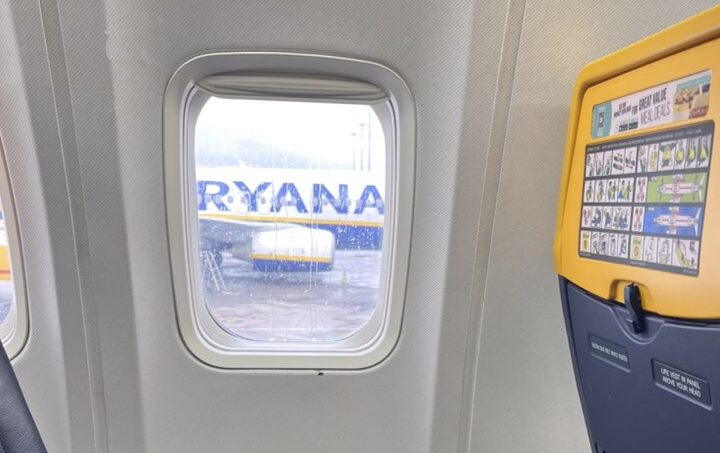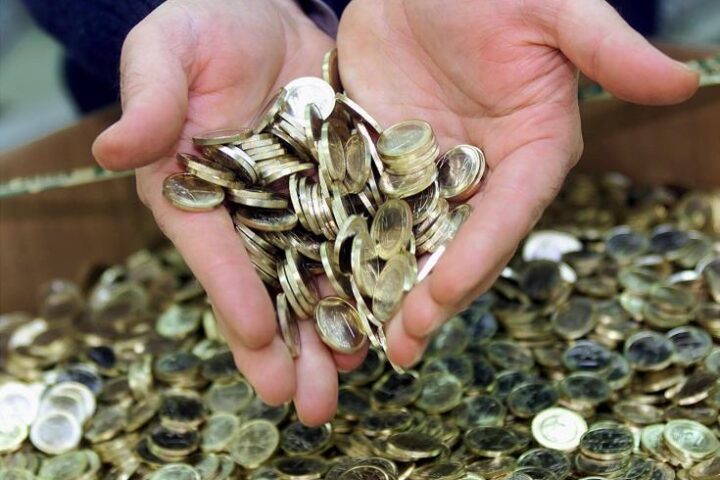The percentage of Cypriots interested in the news from most information sources has recorded a drop, a Union of Cyprus Journalists (UCJ) survey has shown.
The third annual survey on the qualitative characteristics of Cypriot journalism was carried out by Cypronetwork among 1,000 people in July and August.
Giorgos Frangos, UCJ President, said according to the survey’s findings, all news sources, bar one, have seen a downward trend of interest from people in the last three years.
Interest in television has dropped from 76% to 72%, social media from 73% to 60%, and news websites from 48% to 42%. Only radio saw a slight increase from 39% to 41%.
Frangos said the overall index shows “that more and more people choose not to be informed at all, remaining uninvolved in socio-political events.”
He added that journalists are considered reliable by 48% of respondents, while the mass media is considered reliable by only 37%.
“As UCJ, we believe that this particular assessment should be a matter of concern specifically for those in charge of the media landscape in Cyprus”.
Christos Michaelides, Director of Cypronetwork, said that in the last three years, there has been a slight increase in the number of citizens who are informed by television, a steady rise in social media, a small drop in portals, a rise in English/American media, a drop in magazines, a slight rise in Greek media and a decline in newspapers.
Fake news is thought to be found more in social media, citing as a “paradox” the result of the survey that radio and newspapers are the outlets least challenged about their content.
He indicated that the shift towards English/American media indicates a gap in news coverage by Cypriot media, which should concern media owners.
Results of the survey
According to the survey, three out of four Cypriots continue to choose television (72%) and six out of ten social media (60%), a relatively smaller percentage compared to previous years, to inform them about the issues they are interested in.
About four out of ten choose radio and online news portals (41% and 42%, respectively) and 22% foreign media.
Greek media, newspapers and magazines inform one out of ten.
Compared to last year’s results, American and English media percentages have increased, while social media continues its downward trend.
Concerning the general evaluation of mass media, the highest indicators of positive positioning continue to be presented by radio (33%), television (30%) and internet portals (30%).
This is followed by social media (21%), newspapers (19%) and magazines (17%).
On the evaluation of journalism in Cyprus, 37% of participants in the survey evaluated the quality of the media positively and 35% the objectivity, while the morals/ethics of the media were positively evaluated by 34%, the behaviour by 32%, the validity of the news by 31% and subject specialisation/knowledge 30%.
Five out of ten Cypriots believe the degree of penetration of fake news in Cyprus is high.
This opinion prevails mainly among higher education graduates and ages 25 – 54.
Regarding the media with the most fake news, 60% indicated social media (increased percentage compared to previous years), 20% television (decreased compared to last year) and 12% web portals.
One in two people trust Cypriot journalists (48%) and 42% in the Cypriot media, which shows a degree of stability despite a slight drop from the previous survey.
Also, 48% of participants consider Cypriot journalists reliable, 37% support the reliability of the media in Cyprus and 32% the freedom of expression of reporters.










